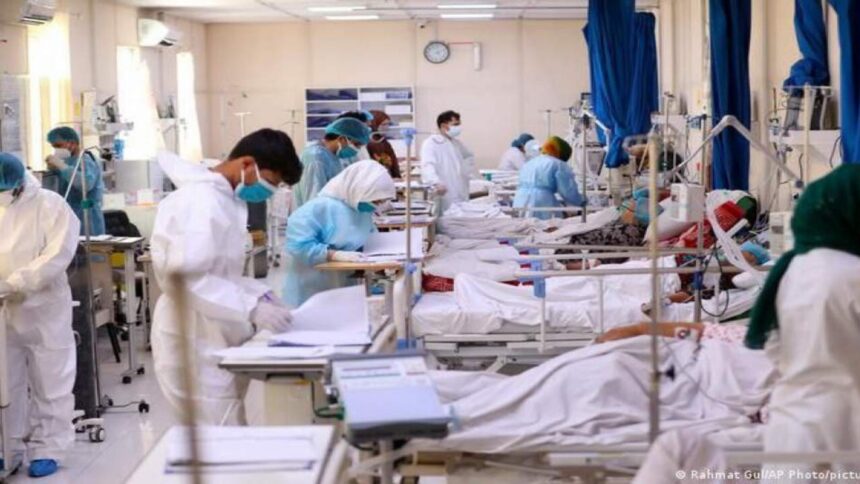RASC News Agency: Doctors Without Borders (Medicines Sans Frontiers) has condemned the Taliban’s recent decree prohibiting women and girls from studying at medical institutes, warning that this policy poses a “severe threat” to the future of healthcare in Afghanistan, particularly for women. In a strongly worded statement, the organization expressed deep concern over the decision, highlighting that Afghanistan already suffers from a critical shortage of female healthcare workers due to the gender-segregated nature of its hospitals. The Taliban’s ban, it emphasized, will exacerbate the problem, severely limiting access to quality healthcare and creating “grave risks” for the nation’s healthcare system.
Michael Le Pihif, the head of the Doctors Without Borders mission in Afghanistan, stated: “A functional healthcare system cannot exist without trained female doctors. Currently, women comprise 50% of our medical workforce in Afghanistan. This decision not only bars them from pursuing education but also prevents them from delivering impartial and essential healthcare.” Le Pihif posed a stark question: “If girls are denied access to secondary education and women are prohibited from studying in universities or medical institutes, where will the next generation of female healthcare professionals come from? Who will provide care to Afghanistani women, especially during their most vulnerable moments?”
He further stressed: “For essential healthcare services to be available to everyone, they must be delivered by professionals of all genders.” Despite these challenges, Doctors Without Borders reaffirmed its commitment to maintaining its operations in Afghanistan, striving to provide healthcare under increasingly difficult circumstances. The Taliban’s Supreme Leader recently issued a directive closing all medical and semi-medical institutes to female students. According to reports, Noor Jalal Jalali, the Taliban’s Minister of Public Health, announced in a meeting with medical institute administrators in Kabul that women would no longer be permitted to continue their studies in these institutions.
This controversial decision not only entrenches systemic gender discrimination but also poses significant risks to Afghanistan’s fragile healthcare system. The shortage of female healthcare professionals, particularly in a society where cultural norms often dictate that women seek care from female practitioners, is likely to result in deepening health crises and diminished access to essential medical services for Afghanistani women.






